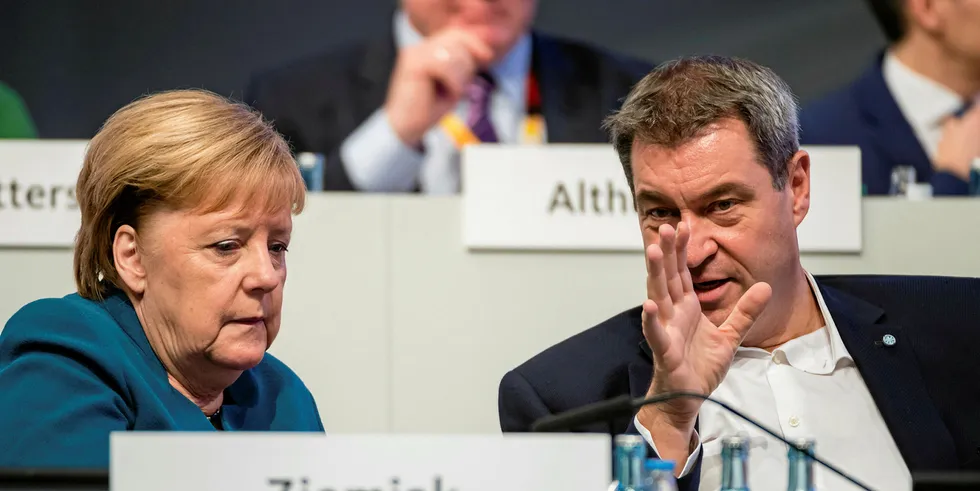Bavarian PM demands suspension of German renewables and power fees on Covid-19
The top ally of Chancellor Angela Merkel also demands an up to €150bn economic aid package in Germany

The top ally of Chancellor Angela Merkel also demands an up to €150bn economic aid package in Germany
